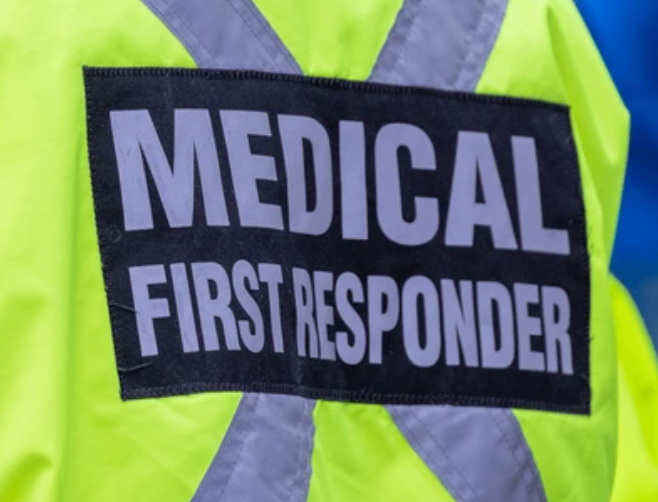THE GOVERNMENT NEEDS TO REVIEW AND IMPROVE THE UNREGULATED MEDICAL RESPONSE SYSTEM IN BC UNIVERSITIES AND FIX THEM.
OUR YOUNG PEOPLE DESERVE BETTER.

DON’T LET THEIR CAMPUSES BECOME DEATH TRAPS

WE WERE TOLD THAT WORKSAFE DETERMINES THE LEVEL OF FIRST AID ON CAMPUSES BASED ON THE NUMBER OF EMPLOYEES, NOT THE NUMBER OF STUDENTS. BUT WE HAVE BEEN UNABLE TO VERIFY IF THIS IS TRUE.
WE HAVE NO IDEA WHO IS RESPONSIBLE FOR REGULATING THE CAMPUS SECURITY FIRST RESPONDER SYSTEM.
IS YOUR CHILD’S CAMPUS SAFE?
“Our security officers are highly trained medical responders”
UVic email to students, the week of Sidney’s death
UVic Email to Students January 26, 2024
“Our officers responded immediately, and provided lifesaving first aid while waiting for emergency first responders to arrive. Our security officers met emergency first responders and got them to the location as quickly as possible. Although that day ended tragically, their efforts are commendable, and I am proud to work with such a caring team who show up every day to serve the campus community. “
Jessica Maclean, Director, Campus Security, May 2024
Sidney lay unconscious and blue and not breathing adequately for 9 full minutes after campus security arrived before giving naloxone. They waited 12 minutes before starting chest compressions. Before initiating CPR, they waited long enough for Sidney to suffer severe brain damage that would ultimately kill her. Both campus security and the 911 operator denied her the care she needed until it was too late to do anything but save her organs for transplant.
Our understanding of University of Victoria Campus security medical responses at the time of Sidney’s death:
- Most security officers had OFA level 2 first aide training which they renew every 3 years.
- Security officers receive Naloxone training when they are hired, but are not obliged to renew it.
- They have no ongoing medical training that we are aware of beyond renewing their OFA level 2 certificate every 3 years.
- There were no basic protocols on campus with how to respond to serious medical emergencies including a potential overdose or an unconscious student (there is a Naloxone sheet last revised in 2017 in their Standard Operating Procedures manual that describes Naloxone).
- Campus security had no medical oversight.
- There was no policy that campus security needed to contact 911 for medical emergencies.
- They did not practice emergency scenarios to maintain their skills.
- Security did not debrief any of their medical responses, they had no way of knowing if any of their medical responses are appropriate.
- There was no dedicated dispatcher for Campus Security at the University of Victoria, the various security officers rotate through the role.
- The first aid page on the campus website claims many of their security officers are trained paramedics when none of them are.
CONTRAST THE SYSTEM AT UVIC WITH A CAMPUS LIKE CARLETON UNIVERSITY THAT CLEARLY PRIORITIZES STUDENT SAFETY
Campus Security/Medical System at Carlton University
- There are dedicated dispatchers who work only dispatch.
- Security dispatch regularly interacts with 911 and will always contact them in cases of medical emergencies while also dispatching its own team.
- 911 dispatch contacts campus dispatch if a student calls them first, 911 dispatch and campus security dispatch work together.
- Campus Safety services consists of both patrol services and the Carleton University student emergency response team (CUSERT).
- Both the special constables on the patrol services and members of CUSERT are trained in first aid and carry naloxone and both are usually dispatched to medical emergencies unless there are safety concerns.
- Members of CUSERT have emergency medical responders first aid training (equivalent to OFA level 3).
- CUSERT responders undergo mandatory weekly training sessions that cover a large assortment of topics with detailed skills practice. Every two months, responders go through a mandatory in-service where protocols and skills are reviewed and each responder is evaluated in mock situations.
- Learn more about CUSERT at their FAQ page.



